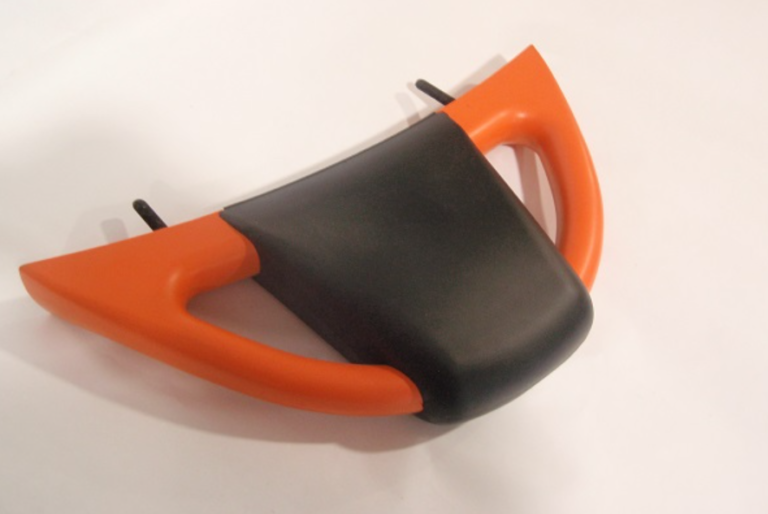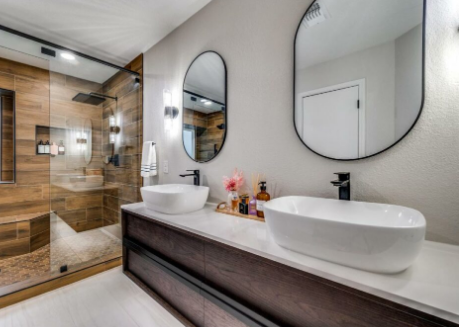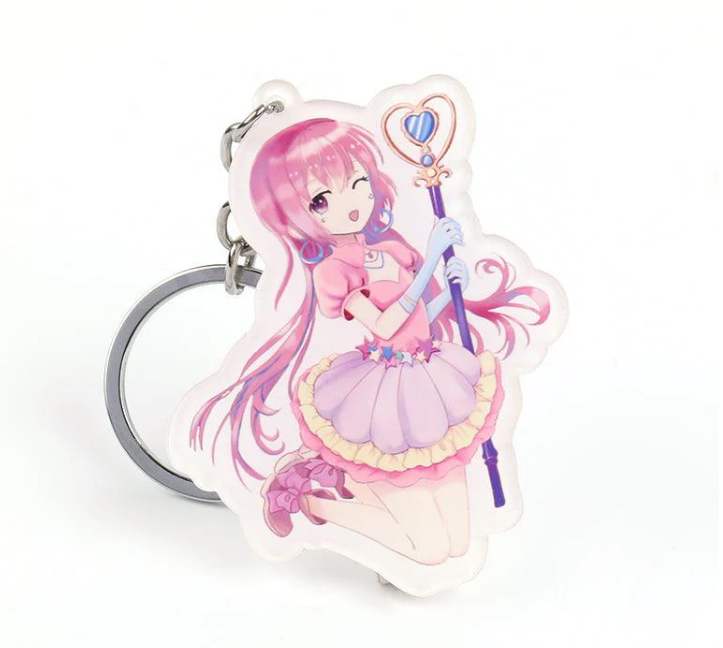From Test Drives to Sales: The Role of Automation in Modern Car Dealerships
Introduction: The Shift in Auto Sales
The car buying journey has changed dramatically in the past decade. Today’s buyers spend over 60% of their research time online before ever visiting a dealership. By the time they arrive for a test drive, they already know the model, features, and often the price they expect.
This shift means dealerships must focus on speed, personalization, and seamless follow-ups to turn test drives into sales. Manual processes alone can’t keep up—which is why automation is becoming a game-changer for modern dealerships.
Why Dealerships Struggle with Conversions
Even with strong leads and foot traffic, many dealerships struggle to maximize conversion rates. Key reasons include:
- Slow response times: Customers expect replies within minutes, but manual workflows often cause delays.
- Lead leakage: Sales teams juggle multiple prospects, leaving some forgotten in the CRM.
- High no-show rates: Appointment reminders are inconsistent, leading to wasted sales time.
- Repetitive admin tasks: Scheduling, rescheduling, and status updates consume hours daily.
Without automation, these bottlenecks prevent dealerships from achieving predictable sales growth.
How Automation Enhances the Customer Journey
Automation in car dealerships doesn’t mean replacing salespeople—it means giving them smarter tools to streamline the process.
- Lead Follow-Ups
AI voice agents and SMS automation ensure every lead receives a personalized follow-up within minutes of inquiry. - Appointment Scheduling
Automated scheduling tools integrate with sales calendars, eliminating back-and-forth emails or missed calls. - Test Drive Reminders
SMS and voice reminders reduce no-shows by sending friendly nudges at the right time. - Post-Test Drive Engagement
Automation keeps prospects warm with tailored follow-ups—whether they’re ready to buy now or still comparing options. - Service Department Retention
Beyond sales, automation helps retain customers by reminding them of maintenance schedules and special offers.
The Impact on Sales Teams
With automation handling repetitive tasks, sales staff can:
- Spend more time building relationships with high-intent buyers.
- Focus on closing deals, not chasing unresponsive leads.
- Deliver a personalized experience since AI captures preferences and buying signals.
In short, automation doesn’t replace the human touch—it amplifies it.
See also: What Tools or Websites Can Help Businesses Identify the Right GTIP Code for Their Goods?
Case Example: Automation in Action
A regional dealership group in California integrated AI voice agents into their lead management process. Within three months, they reported:
- 42% faster lead response times
- 30% improvement in appointment confirmations
- 20% higher conversion rates from test drives to finalized sales
By automating reminders, follow-ups, and initial lead qualification, the sales team focused on serious buyers—maximizing productivity and revenue.
Getting Started with Dealership Automation
Dealerships don’t need a full tech overhaul to benefit. The rollout often starts small:
- Integrate with CRM: Most AI tools plug into DealerSocket, VinSolutions, or Salesforce.
- Define automation triggers: For example, instant call after a lead fills out a form.
- Personalize scripts: Adjust voice and SMS messages to reflect the dealership’s brand tone.
- Measure KPIs: Track lead-to-sale ratio, response times, and customer satisfaction scores.
👉 To see how automation can transform dealership operations, check out AI solutions for dealerships designed to streamline communication and boost conversions.
The Future of Dealership Sales
Looking ahead, automation will extend beyond lead management. Expect to see:
- AI-driven financing pre-approvals to speed up paperwork.
- Predictive analytics for identifying buyers most likely to convert.
- Omnichannel engagement combining voice, SMS, and chatbots for seamless customer experiences.
Dealerships that embrace these innovations will gain a competitive edge, offering faster, smarter, and more customer-centric journeys.
Conclusion
The dealership of the future isn’t defined by shiny showrooms alone—it’s powered by automation that bridges the gap between test drives and sales. By automating repetitive tasks and enhancing communication, dealerships can deliver the responsiveness modern buyers demand while giving salespeople more time to close deals.
For car dealerships looking to future-proof their business, automation isn’t optional—it’s essential. Book the Ca Dealership Platform Demo now!.






